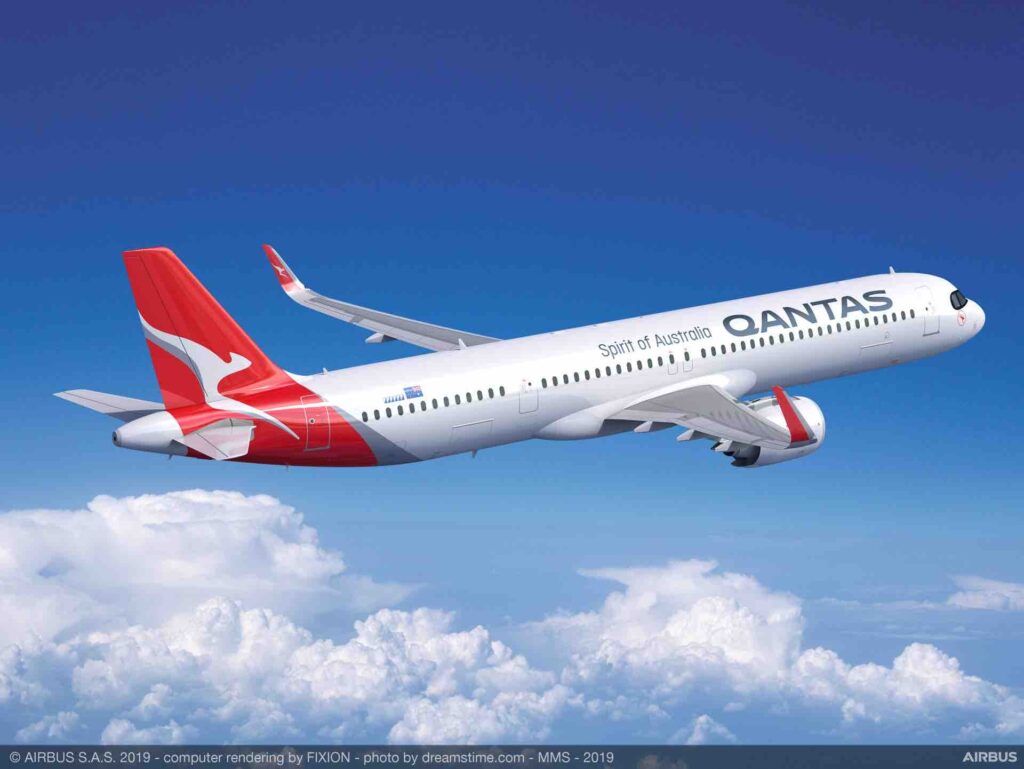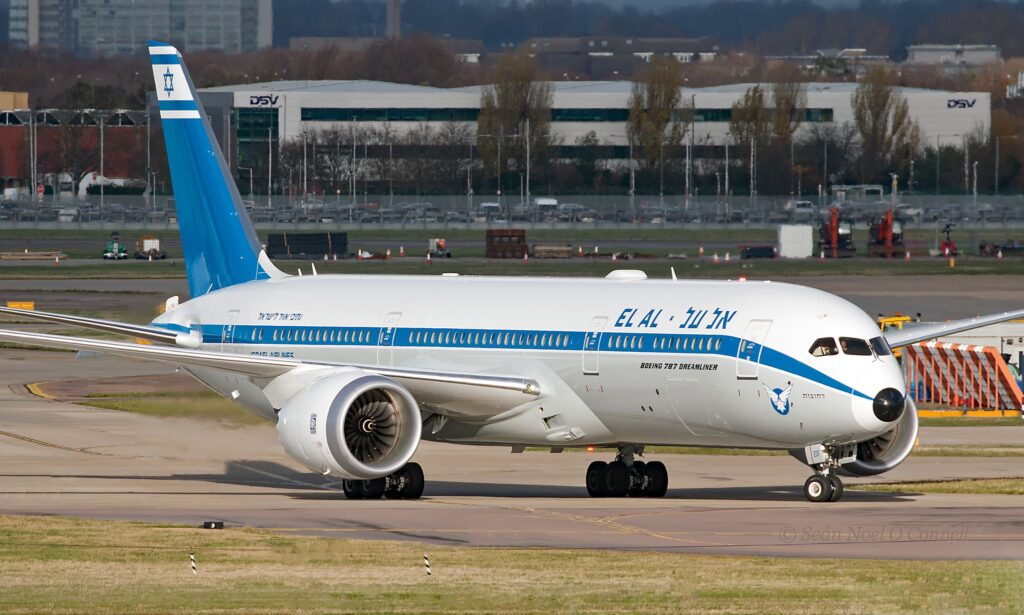Qantas Group Announces its Balance Sheet Repair is Underway
A sustained rebound in domestic travel demand, and the performance of its Freight and Loyalty divisions, continues to drive the Qantas Group’s recovery from the impacts of COVID-19. Based on current trading conditions the Group…

